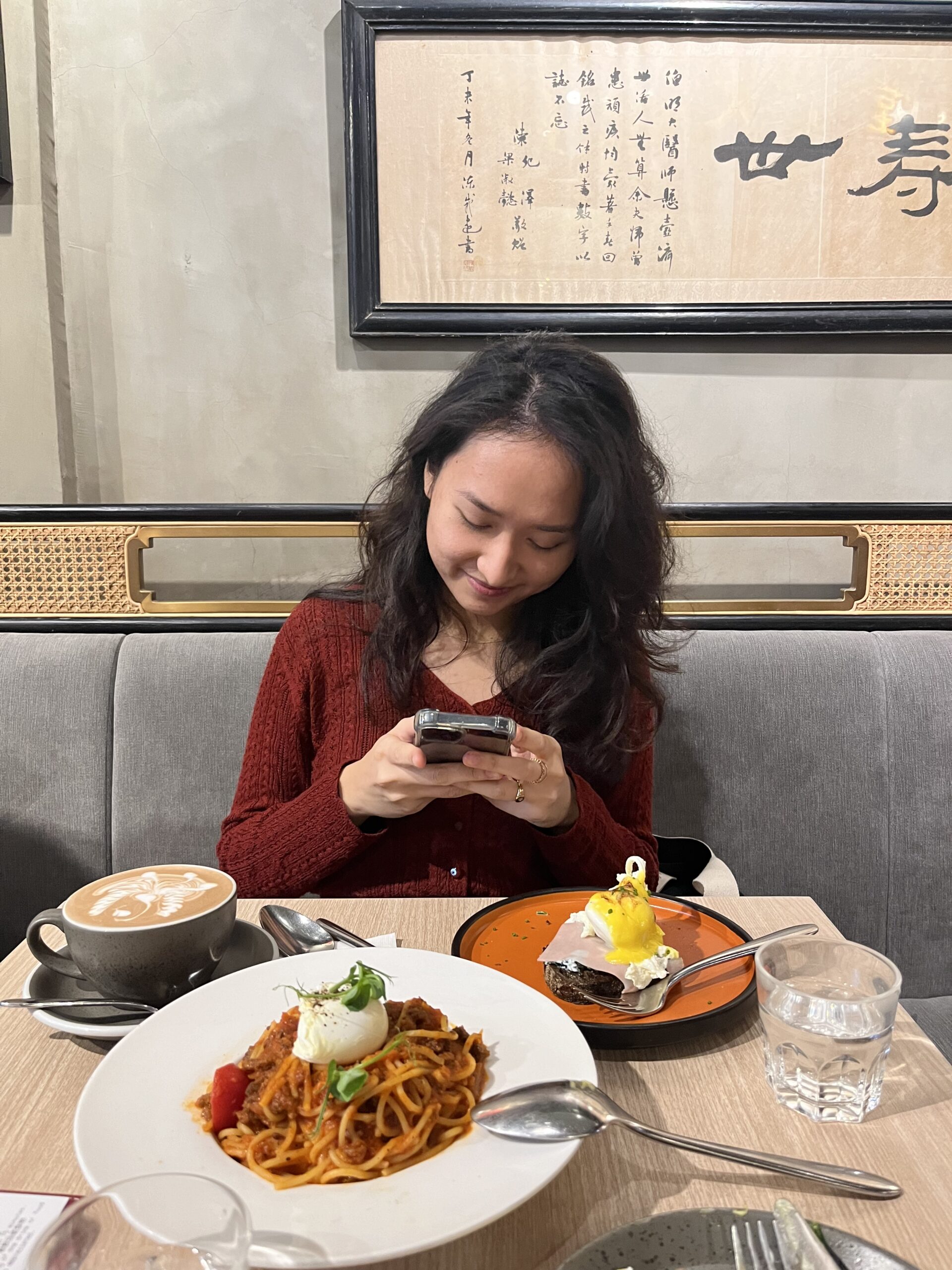
FUNG Tiffany Wing Ying
2024-25 Term 2
The School of Trying Again: Chen Chen’s Relational Lyric Subject and Queer Poetics of Futurity
Supervisor:
Abstract
The conventional lyric subject has long been operating from an inadequate position, one that is often based in an assumed universality of power and privilege made available only to histories and people of whiteness, maleness, and heterosexuality. As such, there is an urgent need to reimagine the possibilities of what the lyric “I” could encompass, and to make space for voices and realities that are overlooked or even erased. In this hybrid capstone project, I offer a close examination of Chen Chen’s relational lyric subjecthood in his series of “The School Of…” poems taken from Your Emergency Contact Has Experienced An Emergency, alongside a short creative writing project that puts Chen’s lyric relationality into practice. By exploring Chen’s markedly queer, Chinese-American, and immigrant lyric subject, I argue that Chen seeks to interrupt the structures of power and isolation in the conventional lyric genre by negotiating the boundaries of lyric subjecthood, and he does so by reconfiguring the lyric poem as a collective scholastic space. In the “school” of Chen’s poem, his lyric subject is written with an awareness of its networks of kinships, as well as the lineages from which it emerges. But more importantly, Chen asserts that maintaining such relationality in his lyric subjecthood is a form of work that requires consistent endeavoring and learning as a collective, and that this sense of collectivity and togetherness should extend beyond the literary context. To highlight the poetic and real-world significance of Chen’s lyric relationality, I use José Muñoz’s theory of queer future-building as a framework to demonstrate that Chen’s poetics of relationality demands to be translated into concrete action, which could offer us an emergency exit out of the current alienating poetics and reality, and into a future of collectivity.
Reflection
Poetry has always been the “emergency contact” that I call when I need something to hold onto. So I am grateful for the opportunity this capstone project has given me to bridge together my research interests as a literature student and my creative endeavors as a writer. While it was no simple task to complete a project of this scale, it is the culmination of the fruitful education I’ve received during my time as an English major, and is a meaningful way to conclude my undergraduate studies. This project also bears immense personal significance in its celebration of queer hope and queer futures in poetry, especially that of Chen Chen, whose work has always been a life raft that keeps me afloat; I hope that my words too could one day be an emergency contact for someone, just as his are to me.
In the words of Chen, this project is not a form of work that I could possibly do alone. My sincerest thanks to the teaching staff of the department for their careful nurturing and guidance. My warmest thank you to my peers for their camaraderie, their generous love, their magic. And to Professor Collier Nogues, who always knows where to push where it yields, where to catch sparks where it’s dark: my most heartfelt thank you.






